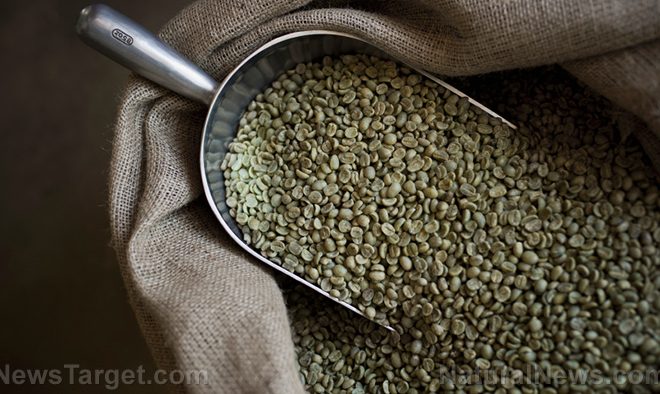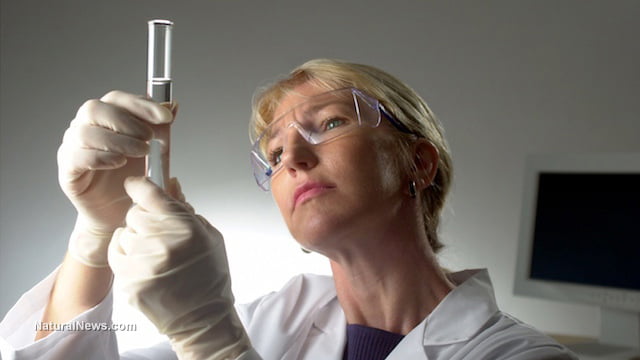Bacteriocin produced by Lactobacillus bacteria can be used as biopreservative

(Natural News) In recent years, awareness about the negative effects of food additives has increased among consumers, especially in the United States. A push for a healthier diet, with emphasis on clean, whole foods, has also led to a rise in the demand for less-processed foods and foods that contain little to no additives.
Manufacturers use additives to improve the quality of their products. For instance, emulsifiers hold ingredients together and enhance the taste and appearance of food. Preservatives, meanwhile, help prevent or delay food spoilage that’s caused by microbes. While commonly used preservatives like sodium benzoate and potassium sorbate extend the shelf life of foods by suppressing the growth of fungi and bacteria, they, unfortunately, cause plenty of unintended side effects.
Sodium benzoate forms benzene when it reacts with vitamin C. Benzene has been linked to different types of cancer, such as acute lymphocytic leukemia (ALL), chronic lymphocytic leukemia (CLL), multiple myeloma and non-Hodgkin lymphoma. Potassium sorbate is also considered a possible human carcinogen by the International Agency for Research on Cancer, an intergovernmental agency that forms part of the World Health Organization (WHO). While this additive is now banned in Europe, it is still in use in the United States.
Because of calls to stop the use of chemical preservatives, researchers have begun investigating naturally derived alternatives with antimicrobial properties. Known as biopreservatives, these promising agents come from various natural sources, such as plants, animals and even microorganisms. Some of the most widely studied biopreservatives include essential oils, enzymes and antimicrobial peptides called bacteriocins. Bacteriocins are toxins produced by bacteria to restrict the growth of closely related bacterial strains. These bacterial products have recently gained traction for their potential as natural food preservatives.
In a recent study, researchers at the Bannari Amman Institute of Technology in India investigated the prevalence of Gram-positive and Gram-negative bacteria in commercial foods. Their main objective is to identify a lactic acid bacterium that produces a potent bacteriocin capable of preventing food spoilage. Lactic acid bacteria (LAB) present the best sources of biopreservatives because of their role as probiotic organisms that are commonly used in fermented foods.
The researchers reported their findings in an article published in the International Journal of Green Pharmacy.









